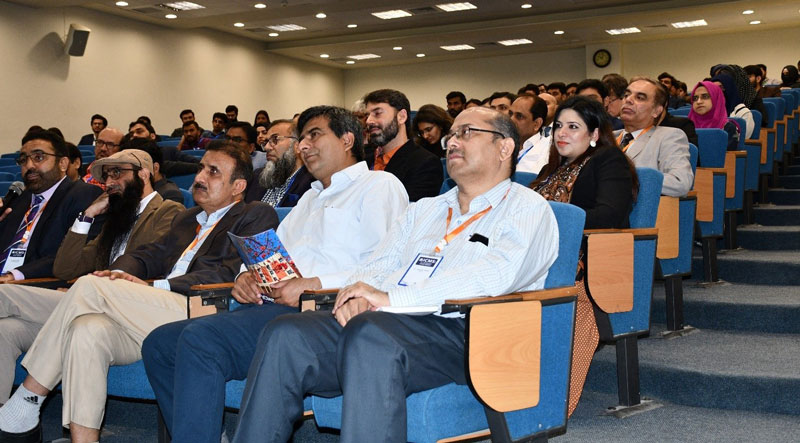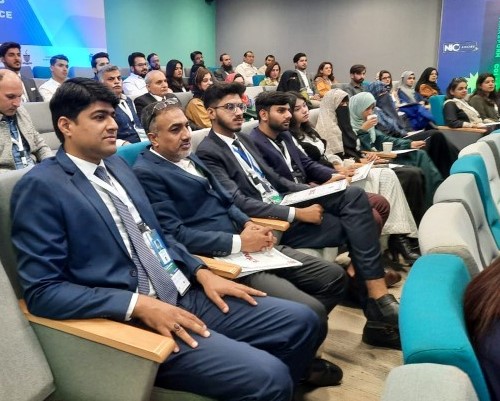Overview of the
Topics
Harnessing EdTech to Transform K-12 and Higher Education
Exploring the current state of K-12 and higher education in Pakistan, this theme focuses on the potential of educational technology to enhance learning outcomes, bridge educational gaps, and promote equity in education. Discussions will include innovative EdTech solutions, successful case studies, and strategic approaches to integrating technology into traditional educational frameworks.
Upskilling Through Online Learning
This theme delves into the role of online learning in providing upskilling opportunities for students, teachers, and professionals in Pakistan. It will cover the effectiveness of online courses, platforms for skill development, and the impact of remote learning on employability and career advancement. Key discussions will address accessibility, quality assurance, and the future of continuous learning in the digital age.
Policy and Governance for Tech-Enhanced Education
This theme examines the regulatory frameworks, policies, and governance structures necessary for the effective implementation of tech-enhanced education in Pakistan. It will explore the roles of government, educational institutions, and private sector partnerships in creating a supportive ecosystem for EdTech.
About the
FutureEd Summit
The National Summit on the Future of Education and Tech Enhanced Learning is a premier event by LUMSx, bringing together educators, policymakers, practitioners, researchers, and technology experts to explore the evolving landscape of K-12 and higher education in Pakistan. The summit aims to provide a platform for discussing the current challenges and future opportunities in education, focusing on the integration of technology to enhance learning outcomes both in person and online settings.
The educational landscape of Pakistan presents a complex array of challenges and opportunities. As of 2022, Pakistan has an estimated literacy rate of around 59%, with significant disparities between urban and rural areas, as well as between genders. Nearly 22.8 million children aged 5-16 are out of school, constituting the world’s second-highest number of out-of-school children. Furthermore, the quality of education in many schools is subpar, with less than half of the students in Grade 5 able to read a story in Urdu, Sindhi, or Pashto, and only 41% able to solve basic arithmetic problems.


The integration of technology in education signifies a paradigm shift from traditional, rigid educational frameworks to more dynamic and scalable models of learning. By scaling best practices through technology, we can democratise education, ensuring that every learner, regardless of their geographic or socioeconomic status, has access to the knowledge and skills necessary for personal and professional growth. Technology breaks down the barriers of time and space, enabling the dissemination of best practices and innovative teaching methods.
As the center for online learning and professional development at LUMS, LUMSx brings to you the FutureEd Summit 2024, where, through powerful keynotes and sessions, we discourse on the transformative potential of technology in education.
